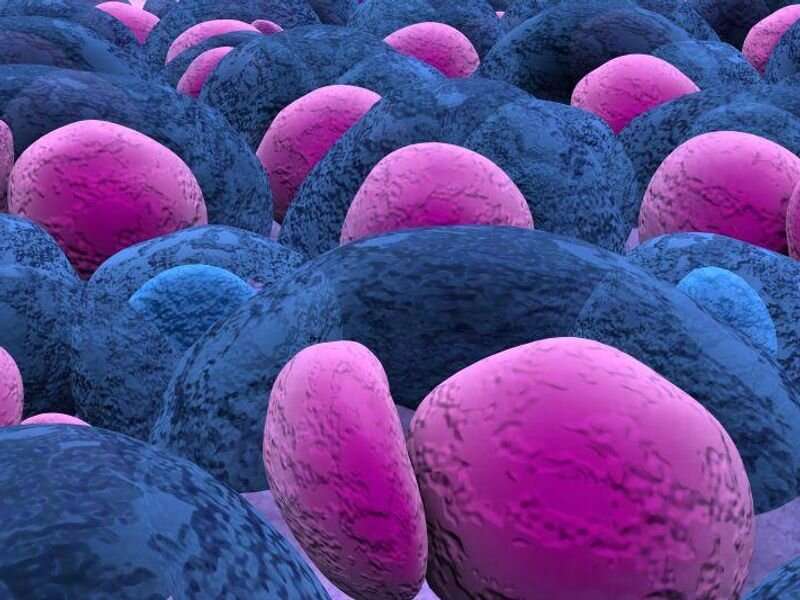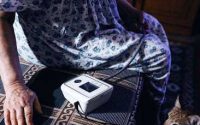Ide-cel beneficial in relapsed, refractory multiple myeloma

For patients with pretreated relapsed and refractory multiple myeloma, idecabtagene vicleucel (ide-cel), a B-cell maturation antigen-directed chimeric antigen receptor T-cell therapy, prolongs progression-free survival and improves response compared with standard regimens, according to a study published online Feb. 10 in the New England Journal of Medicine to coincide with the European Society for Blood and Marrow Transplantation and European Hematology Association CAR T-Cell Meeting, held from Feb. 9 to 11 in Rotterdam, Netherlands.
Paula Rodriguez-Otero, M.D., Ph.D., from Clínica Universidad de Navarra in Pamplona, Spain, and colleagues conducted an international, phase 3 trial involving adults with relapsed and refractory multiple myeloma who had received two to four regimens previously and had disease refractory to the last regimen. A total of 386 patients were randomly assigned to ide-cel and one of five standard regimens (254 and 132 patients, respectively).
The researchers found that the median progression-free survival was 13.3 and 4.4 months in the ide-cel and standard regimen groups, respectively, at a median follow-up of 18.6 months (hazard ratio for disease progression or death, 0.49).
A response occurred in 71 and 42 percent of patients in the ide-cel and standard regimen groups, respectively; complete response occurred in 39 and 5 percent, respectively. For overall survival, data were immature. Adverse events of grade 3 or 4 occurred in 93 and 75 percent of patients in the ide-cel and standard-regimen groups, respectively. Cytokine release syndrome occurred in 88 percent of patients who received ide-cel, and investigator-identified neurotoxic effects occurred in 15 percent.
“These findings provide potential support for the use of ide-cel in patients with triple-class-exposed relapsed and refractory multiple myeloma, a population with poor survival outcomes,” the authors write.
The study was partially funded by 2seventy bio and Celgene, a Bristol Myers Squibb company; Bristol Myers Squibb and 2seventy bio manufacture idecabtagene vicleucel.
More information:
Paula Rodriguez-Otero et al, Ide-cel or Standard Regimens in Relapsed and Refractory Multiple Myeloma, New England Journal of Medicine (2023). DOI: 10.1056/NEJMoa2213614
Journal information:
New England Journal of Medicine
Source: Read Full Article


